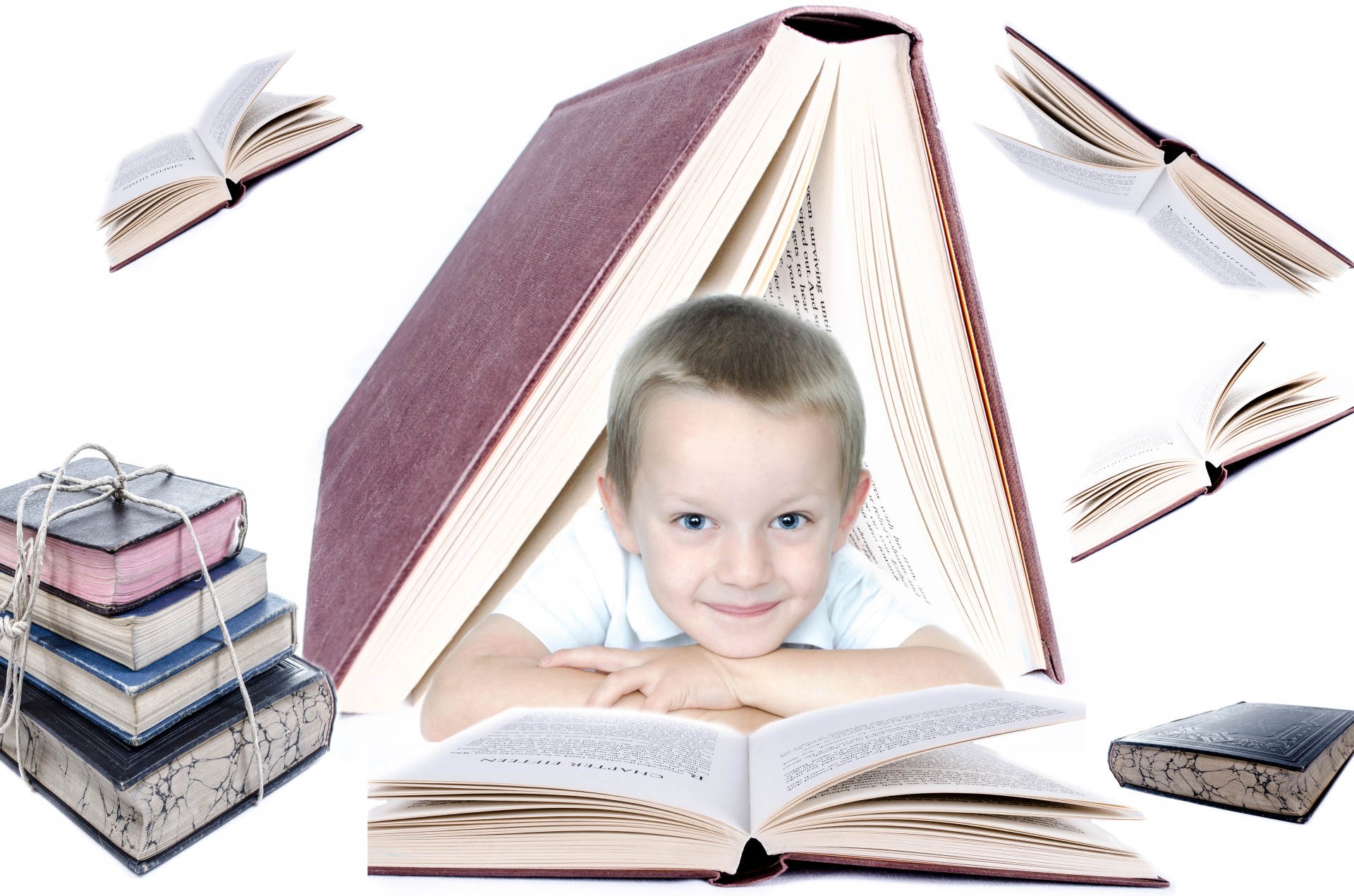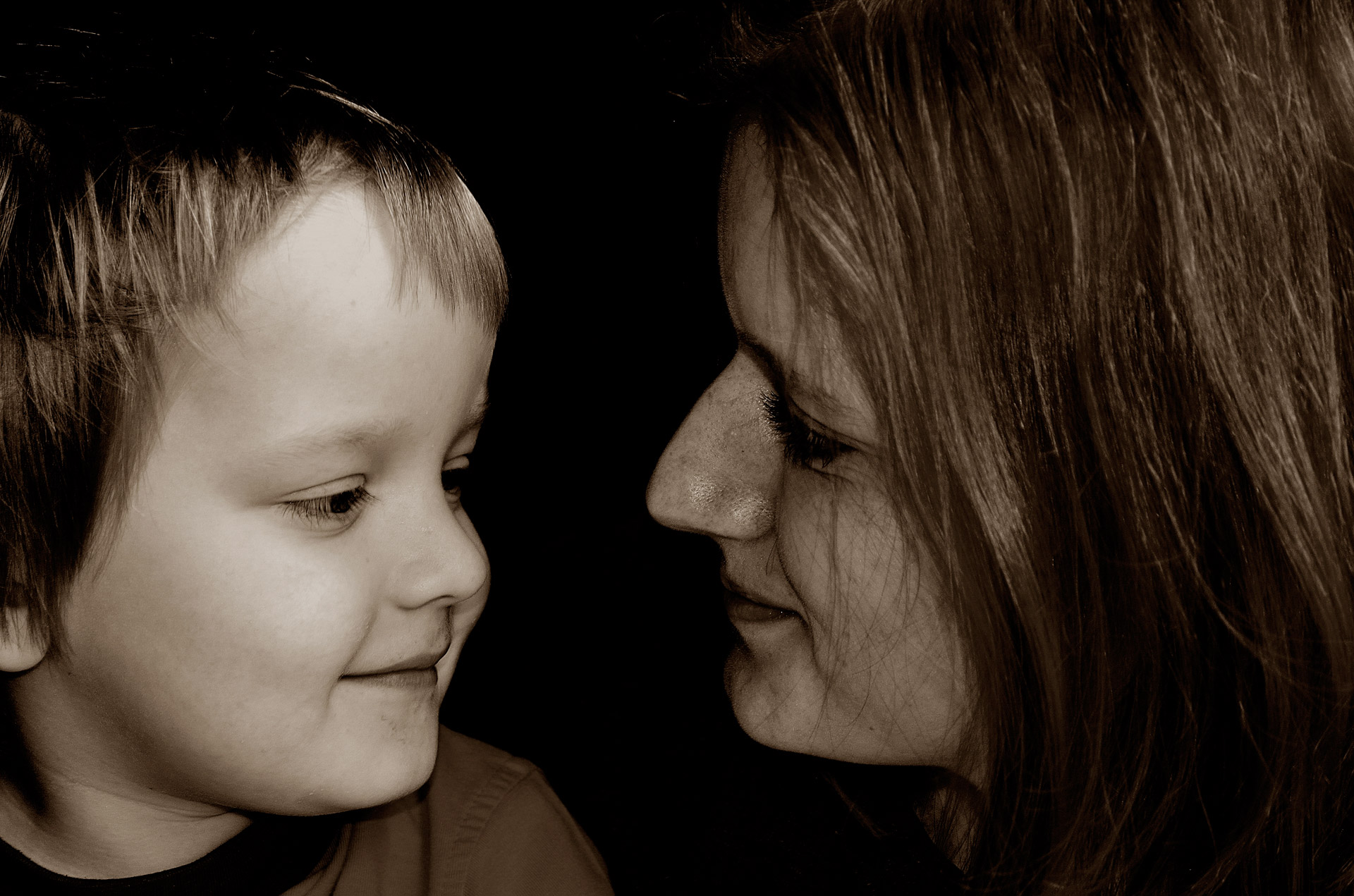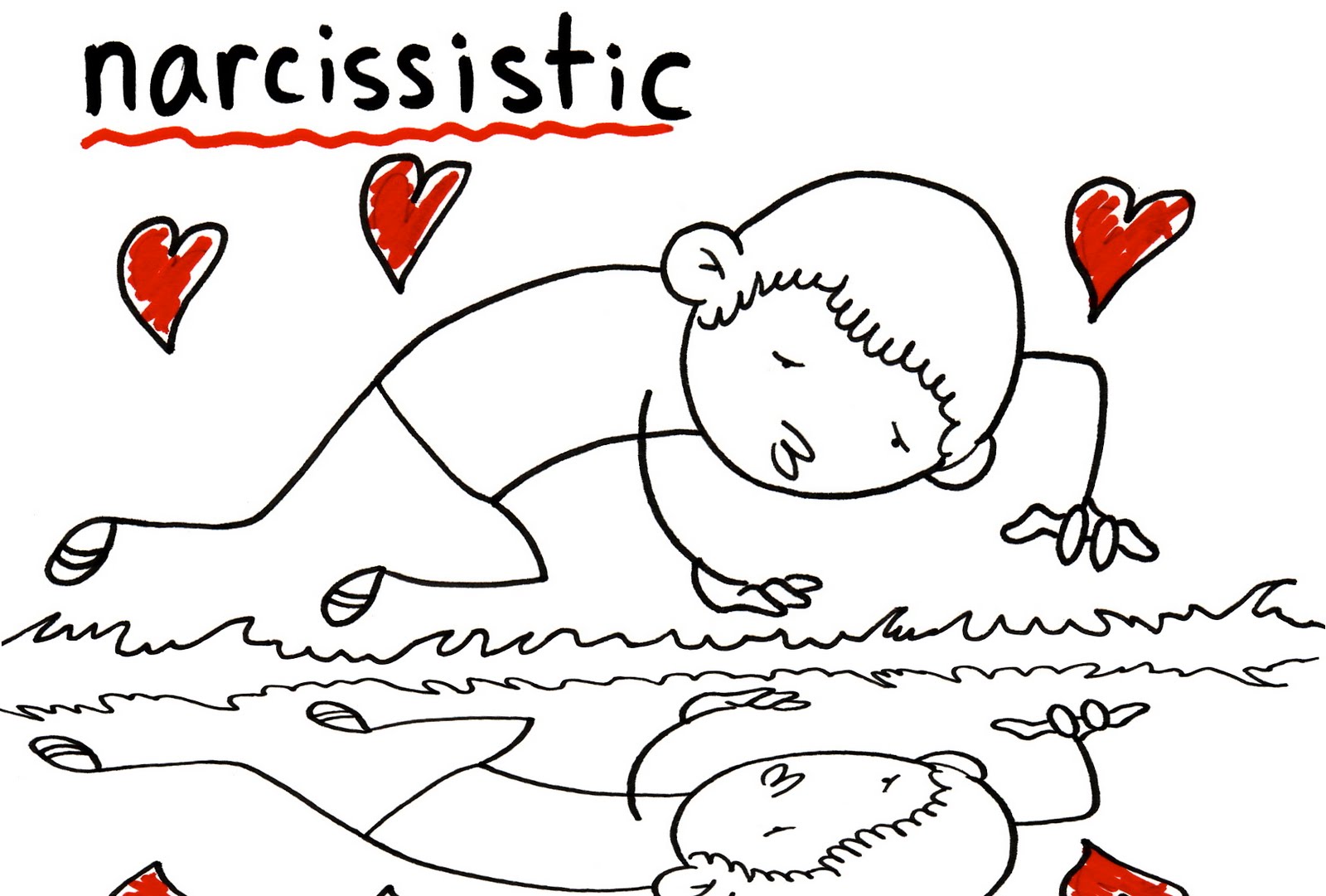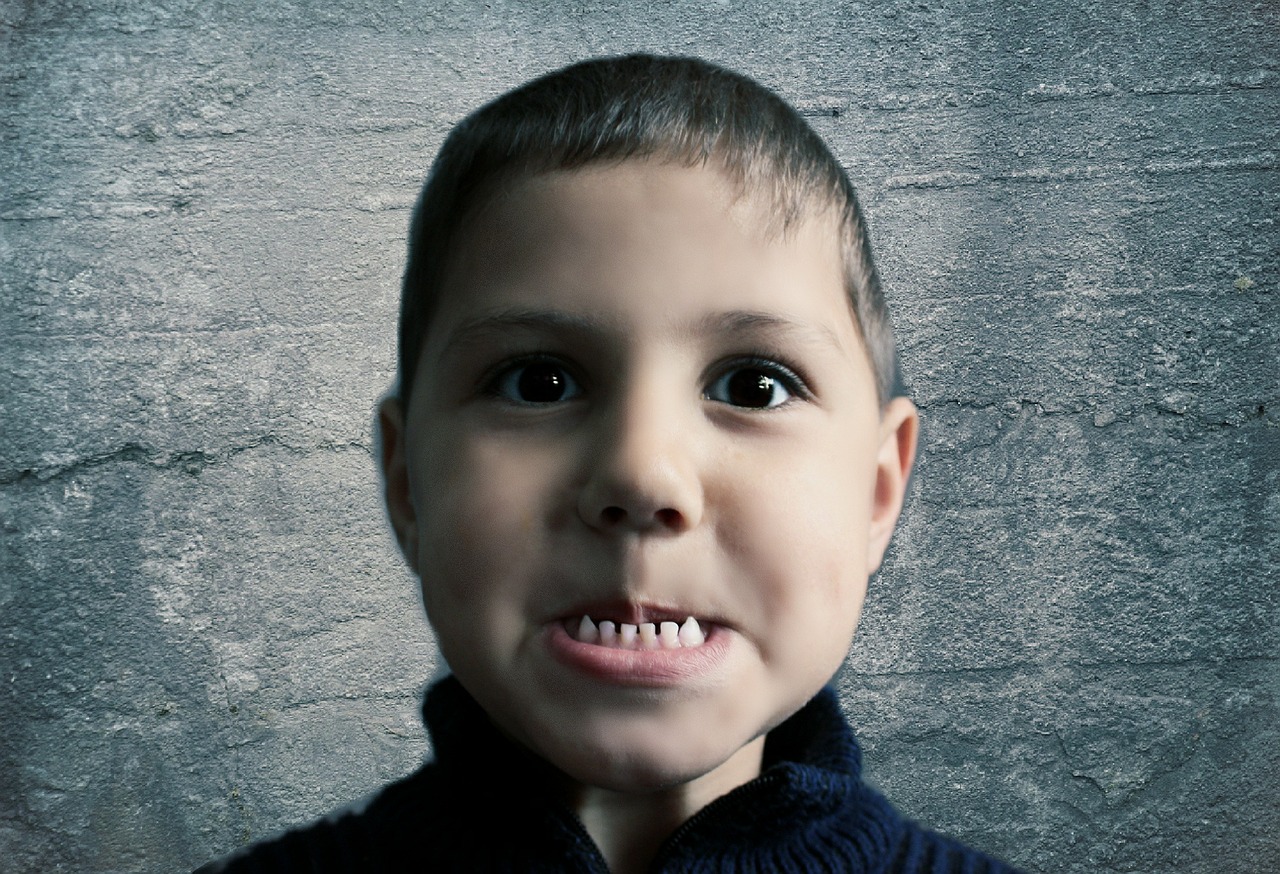How to tell if your preschooler is gifted
Many parents are so delighted with their child's accomplishments, they take every word he utters or every squiggle he draws as evidence of giftedness. Though most children aren't identified as gifted until they begin school, some show signs of being gifted at a very early age. For instance, gifted child Ben Hellerstein of Larchmont, New York, was reading nonfiction books and memorizing facts by age 4. His mother wishes she had realized that he was academically advanced at that time. "If I had," she says, "he could have gotten the help he needed in school earlier than he did, and his first year of school wouldn't have been so unhappy." Ben's mom learned what many educators know: Identifying a child as gifted isn't about gaining bragging rights. It's about getting your child the education that best suits her needs.
1.What is giftedness? There's no universal standard for determining giftedness. Each state and even individual school districts have their own definitions and requirements to qualify for a gifted program. Still, we know that gifted children are more than their IQ number. According to the National Association for Gifted Children, kids who are gifted show an exceptional ability to reason and learn. They also perform in the top 10 percent or higher in at least one area, such as math, music, language, painting, dance, or sports. And although an exact definition of giftedness may be hard to pinpoint, some characteristics are more common in gifted children. 2.Signs your preschooler may be gifted Your 2- to 4-year-old may be gifted if he or she: l Has a specific talent, such as artistic ability or an unusual ease with numbers. For example, kids who draw especially realistic pictures or who can manipulate numbers in their head may be gifted. l Reaches developmental milestones well ahead of peers. l Has advanced language development, such as an extensive vocabulary or the ability to speak in sentences much earlier than other children of the same age. l Is relentlessly curious and never seems to stop asking questions. l Is unusually active (though not hyperactive). l Can concentrate on one task for long periods of time. l Is passionate about his or her interests. l Likes to be challenged by difficult activities. l Has a vivid imagination. Gifted children often create a vast and intricate network of imaginary friends. l Is able to memorize facts easily and can recall obscure information learned from television shows, movies, or books. Emotional and social challenges can accompany giftedness. Some gifted children realize they're "different" from their peers. This can make them feel isolated and withdrawn. It may also make them targets for bullying. They may begin to feel intensely frustrated because they can think more rapidly than they can express themselves, verbally or physically. If your child appears unusually angry or frustrated, consider consulting a mental health professional. 3.Testing your preschooler for giftedness
If your child isn't in school, or if the school isn't receptive to your request, ask your child's doctor to refer you to a child psychologist who administers tests for giftedness. Private testing can be expensive. Check with your insurance plan to see whether your policy covers the cost. Children as young as 3 can be given IQ and ability tests. The range for average intelligence is 85 to 115, and children whose IQ scores are at least 130 are usually considered gifted. Sometimes an IQ score of 120 qualifies a child for a gifted program IQ is just one factor among many that are looked at before a child is considered gifted. Parents and teachers may be asked to write their impressions of a child. This input, test results, and interviews with and observations of the child are often considered together. 4.When giftedness is hard to discern A child can be both gifted and have a learning disability. In most cases, the disability is recognized while giftedness goes undetected. Giftedness in children from ethnic minorities and disadvantaged backgrounds, and those who speak English as a second language, is often overlooked as well. If your child falls into any of these categories, it's best to find a psychologist who is sensitive to these issues. It is also important to ask your child's teacher to observe him for talents that conventional tests cannot detect. Retrieved From: http://goo.gl/3Nz7wC
|
|

















